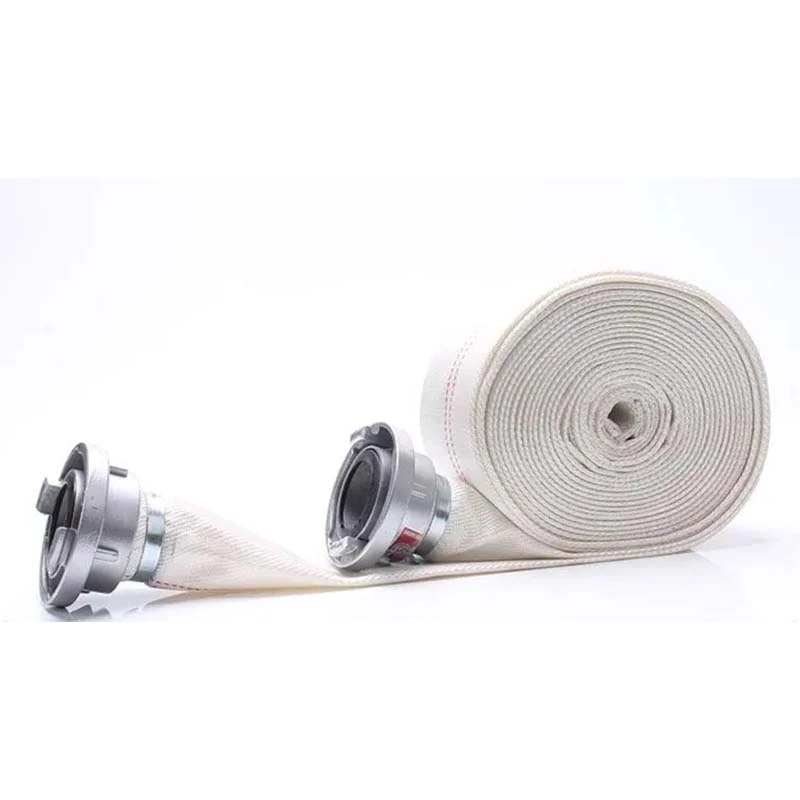Reinforced Helix Hoses for Enhanced Durability and Performance in Various Applications
The Versatility and Strength of Helix Reinforced Hoses
In various industrial applications, the choice of hoses is critical for ensuring the efficient transport of fluids and gases. Among the many options available, helix reinforced hoses stand out due to their unique design and impressive durability. This article will delve into the properties, applications, and benefits of helix reinforced hoses, showcasing why they are favored in many industries.
Understanding Helix Reinforced Hoses
Helix reinforced hoses are characterized by their spiral reinforcement made from resilient materials such as metal or PVC. This design provides an added layer of strength and flexibility that traditional hoses lack. The helix structure improves the hose's resistance to collapsing under vacuum conditions, making it suitable for both suction and discharge applications.
These hoses typically consist of multiple layers a flexible inner layer that carries the fluid, a reinforcing layer often made of fiber or steel, and an outer layer that protects against environmental factors. The helically wound reinforcement not only adds to the hose's strength but also enhances its resistance to abrasion, making it ideal for rugged environments.
Applications of Helix Reinforced Hoses
Helix reinforced hoses are used in a variety of sectors due to their versatility and strength. Some common applications include
1. Agriculture In farming operations, these hoses are essential for irrigation and transporting fertilizers. Their flexibility and durability allow them to navigate complex terrains without kinking or breaking.
2. Construction During construction projects, helix reinforced hoses are used for water transfer, concrete pumping, and handling various construction materials. Their ability to withstand high pressures and temperatures makes them an invaluable resource on construction sites.
3. Chemical Processing The chemical industry often requires hoses that can safely transport aggressive fluids. Helix reinforced hoses designed with chemical-resistant materials are used to handle acids, solvents, and other hazardous substances.
4. Food and Beverage In the food processing industry, hygiene is paramount. Helix reinforced hoses made from FDA-approved materials ensure that food products are transported safely, without contamination.
helix reinforced hoses

5. Marine Applications These hoses are also prevalent in maritime operations for fuel transfer and bilge pumping. Their resistance to saltwater corrosion adds to their reliability in such demanding environments.
Benefits of Helix Reinforced Hoses
The advantages of using helix reinforced hoses are numerous
- Durability The combination of flexible inner layers and a tough outer layer provides exceptional durability, reducing the need for frequent replacements.
- Versatility With various sizes and specifications available, these hoses can be tailored for specific applications, accommodating different types of fluids and pressures.
- Easy Handling The flexibility of helix reinforced hoses allows for easy maneuverability and installation, even in tight spaces. Their lightweight nature further facilitates transport and usage.
- Cost-Effectiveness Although the initial investment may be higher than standard hoses, the long lifespan and reduced maintenance needs contribute to lower overall costs in the long run.
- Safety The robust construction of these hoses minimizes the risk of leaks and failures, which is crucial for maintaining safety in industrial operations.
Conclusion
In summary, helix reinforced hoses are an essential component in many industries requiring reliable fluid and gas transport. Their unique design, which combines flexibility with resilience, enables them to perform in challenging environments. Whether in agriculture, construction, or chemical processing, their ability to withstand pressure and abrasion makes them a wise choice for businesses seeking durability and efficiency. As technology advances, these hoses will likely continue to evolve, further enhancing their applications and reliability across various sectors.
-
Unveiling the Landscape of PVC Air Hoses and Comparative AnalysisNewsJun.24,2025
-
Unraveling the World of Specialized Braided Hoses and Their AlternativesNewsJun.24,2025
-
The Essential Role of PVC Hoses in Air - Related SystemsNewsJun.24,2025
-
Precision - Engineered Tubing and Braiding SolutionsNewsJun.24,2025
-
Pneumatic Tubing and Braided Hoses: Powering Industrial OperationsNewsJun.24,2025
-
Comparative Analysis and Insights into Air Hoses: PVC vs Rubber and BeyondNewsJun.24,2025














